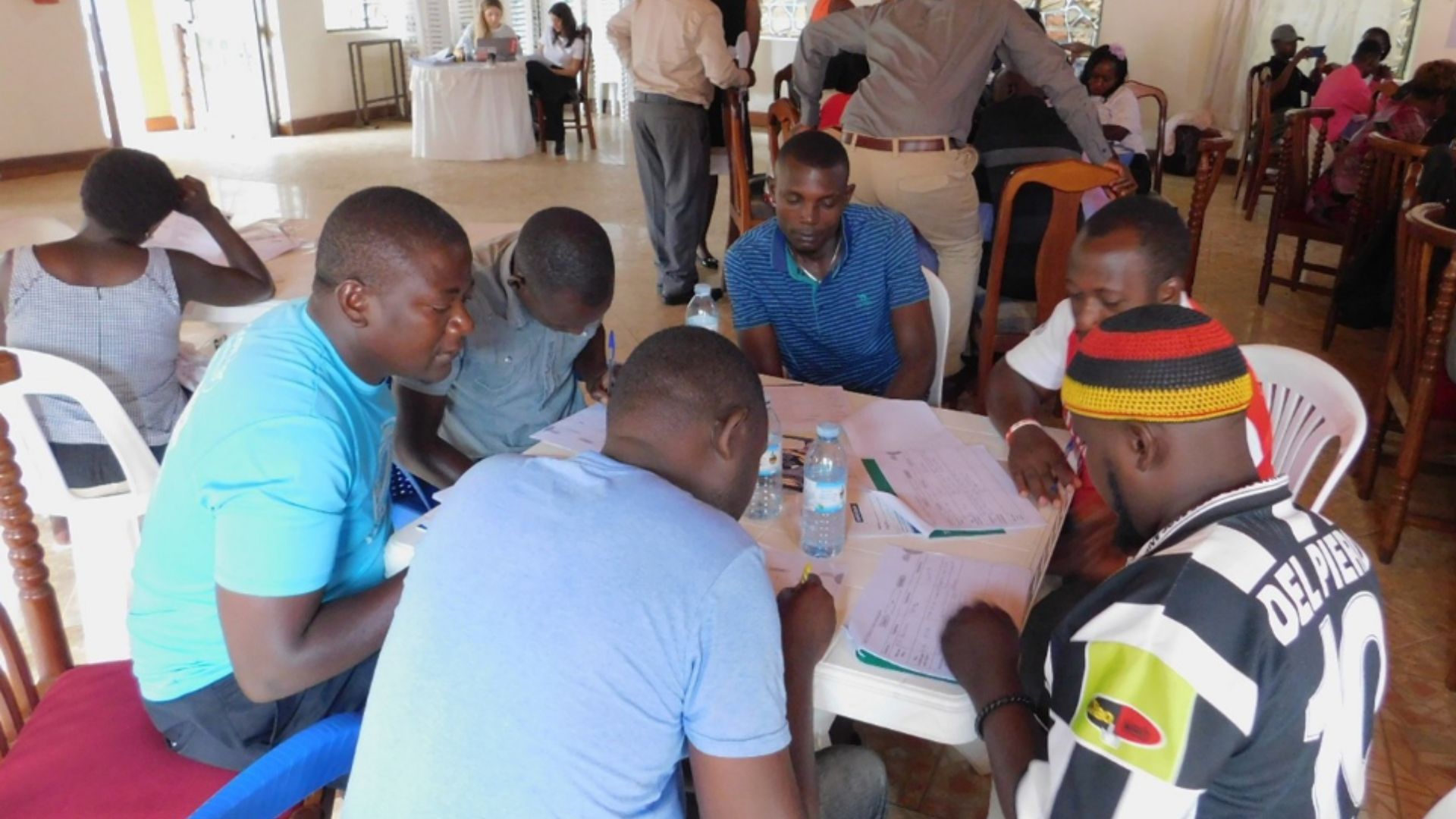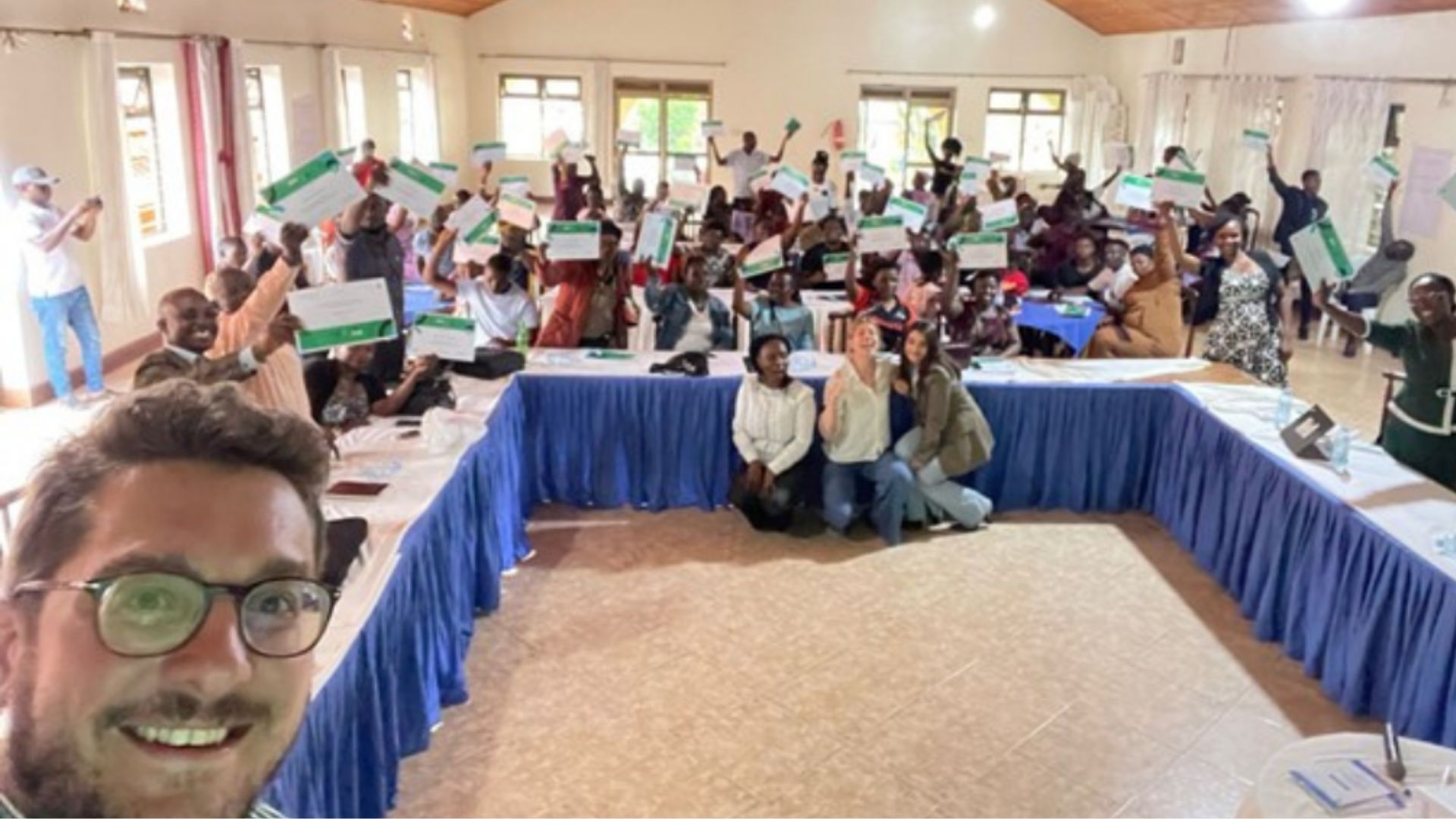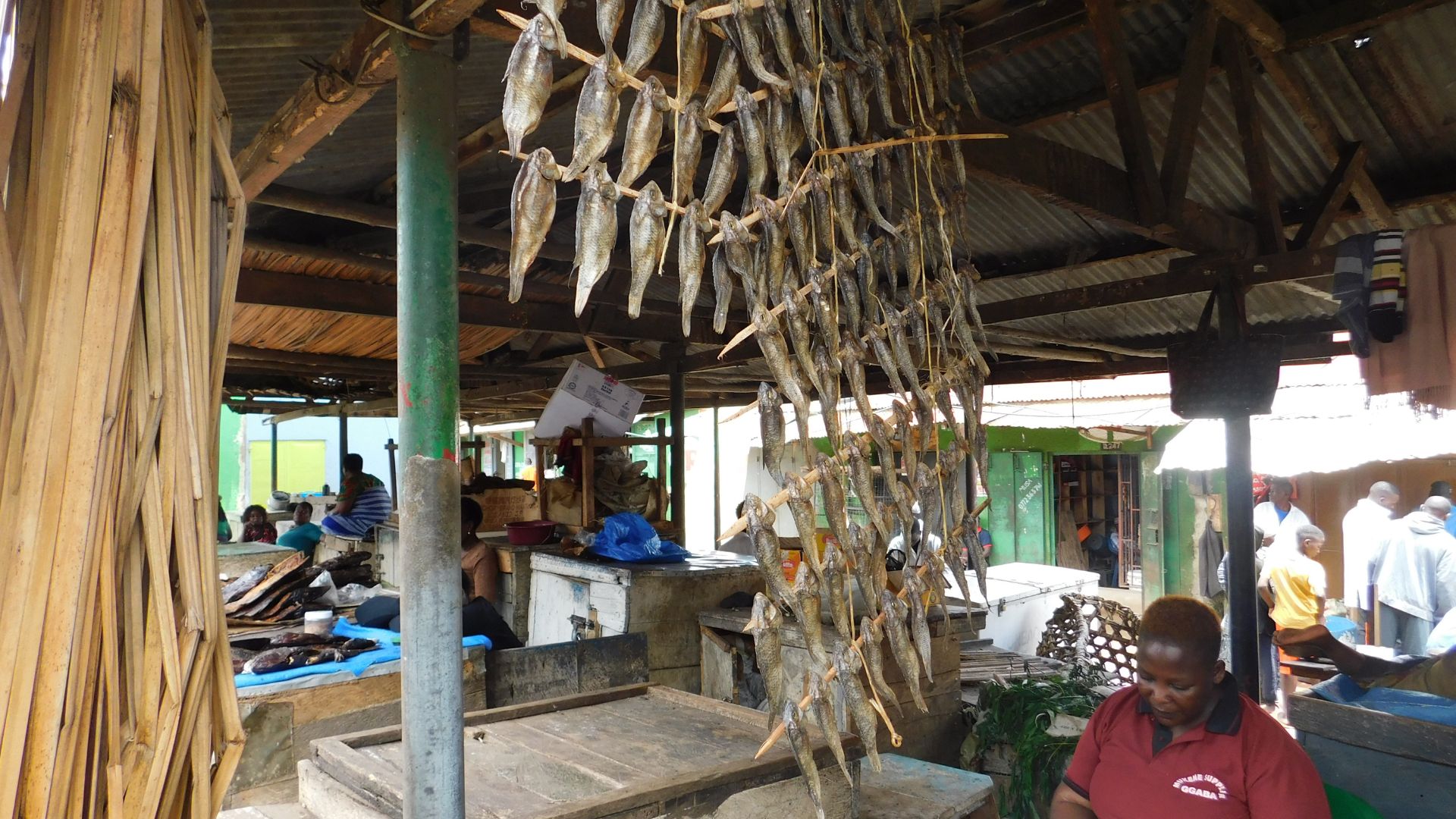
Traditional fishing in Africa is a mainstay for food security and the economy of many communities located along the coasts and on the shores of inland freshwaters. Despite the challenges that affect the sector, including overfishing and industrial fishing competition (that threaten the biodiversity of fish species and marine and lacustrine habitats), it continues to play a fundamental role in the African culture and economy.
Over the past two years, E4Impact has embarked on a journey to deepen its understanding and knowledge of the dynamics affecting the actors, public and private, involved in the blue economy sector, with a focus on the socio-economic dynamics existing within local communities.

In particular, thanks to funding from the Italian Ministry of Foreign Affairs and International Cooperation and the partnership with the CIHEAM Bari, the Foundation launched two multi-country projects in Senegal, Uganda and Tanzania with the aim of strengthening the traditional fishing supply chain through the development of entrepreneurial skills and the consolidation of dialogue between public and private actors.
A step-by-step approach was taken, in order to gradually get in touch with the local ecosystem to understand its dynamics and the relationships between the parties involved.
The first project, called Blue & Green: Boosting Local authorities’ Understanding of coastal Economy & Growing Regenerative Enterprises in the Ecosystem Networks in Dakar and Kampala, involved local municipal officiers, who took part in a training program that explored the main challenges and opportunities of the sector, starting from a global perspective and then analyzing critical issues and solutions on a local scale. They were also provided with useful tools to promote local entrepreneurship development, such as the business model canvas and some entrepreneurial training models, aimed at strategically addressing the challenges of the local fish sector.

This first initiative allowed us to establish a relationship of trust with the local public partners, represented by the Municipality of Yoff in Senegal, and the Kampala Capital City Authority (KCCA) in Uganda, and to co-design the second phase of the intervention addressed to local communities, in particular the different actors (fishermen, processors, traders) engaged at different levels along the supply chain.
Thanks to the relations build during the Blue & Green project, the FISH: Food Industry Strengthening against Hunger initiative was launched. It aims to develop technical professionalism and entrepreneurial skills among the actors of the traditional fishing supply chain for the sustainability of the system itself and the conflict reduction.

To reach out to local communities, along the project, we worked side by side with the local public partners to analyze the local fish supply chains and to map the groups that are part of it. The identification of Community-Based Organizations (CBOs), i.e., groups made up of members of the local community who work to meet the needs of the community and some of their representatives, enabled us to engage a small number of actors in an initial training session aimed at imparting the knowledge and tools needed to subsequently expand the pool of beneficiary users.

In addition, the “Training of Trainers” waterfall model, that ensures the effective transfer of skills to trainers and then consequently to a large number of beneficiaries, has been revisited to include, in a participatory approach, both public and private actors directly involved in the fisheries sector.
The first part of the project was executed in Kampala (Uganda) and the results achieved in March 2024 during two days of classroom training and dialogue were amazing: 65 supply chain actors from 22 different Community-based Organizations, located in 3 different Lake Victoria fishing sites (Port Bell, Munyonyo and Ggaba), worked together with the support of 8 officials from the Kampala Capital City Authority (KCCA). As result fo this collaborative apporach, 22 business model canvas describing the entrepreneurial activities of the individual groups were developed and discussed by the participants.

The project activity, organized by E4Impact’s on-site team, was reinforced by the presence of the research team from the Milan headquarters, which was responsible for co-managing the training together with KCCA officials and for coordinating data collection. The data analysis will provide a detailed insight into the condition and needs of the local community, consisting of the most disadvantaged segment of the Ugandan population, in order to be able to support local actors with interventions aimed at increasing their bargaining power and market access capacity through the strengthening of the cooperative model.

The activities carried out in Uganda have been replicated also in Senegal at the beninning of July, for the fishing community of Yoff, a municipality part of the City of Dakar. 41 actors from the sector were involved, of which 11 in the role of facilitators of the group activity, which consisted of developing a business model related to the activities of the supply chain (with particular reference to fishing, processing, marketing, catering, and cleaning the coastal area). The three-day training was supported not only by the E4Impact team, but also by 4 officials from the City of Yoff.
Building on the results of these first two experiences, the initiative will be replicated in December 2024 in Zanzibar (Tanzania).
The participatory approach undertaken by E4Impact in implementing the project was decisive to not only to gain an in-depth understanding of the challenges and needs of the sector, but also to actively engage stakeholders along the supply chain. In the below video interview, Loise Kamau, E4Impact Uganda Country Manager, and Jude Ayebare, Fisheries Officer at the KCCA – Kampala Capital City Authority, outline the most successful components of this approach.
Erica Negro
